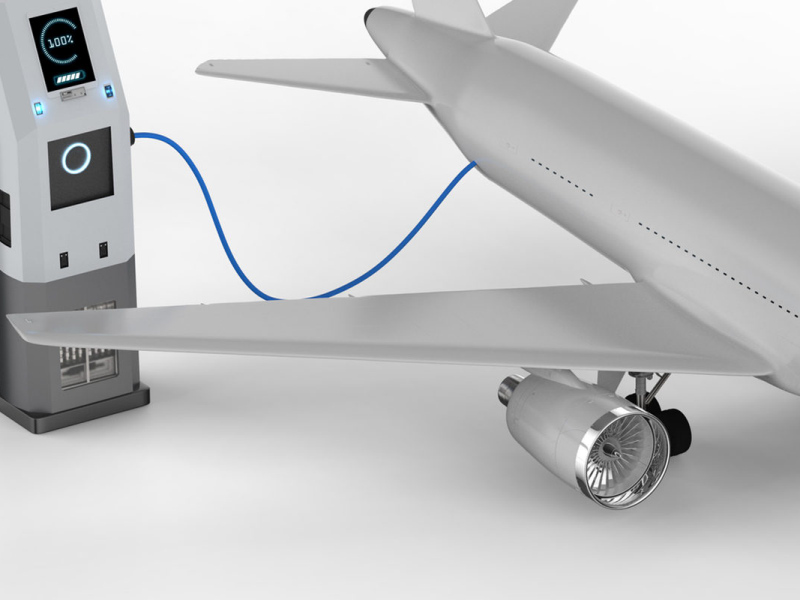
(Photo : Smart-Energy.com)
Electric aviation
In a significant move towards sustainable transportation, the transport ministers of Denmark, Finland, Iceland, Norway, and Sweden have signed a declaration to accelerate the development of commercial electric flights. This agreement highlights the region's ambition to lead the global shift toward cleaner aviation.
The declaration, signed during a meeting of Nordic transport ministers in Gothenburg, Sweden, marks a concerted effort to harness the potential of electric-powered aviation. As Swedish Infrastructure and Housing Minister Andreas Carlson emphasized, electric aviation is crucial for transforming the transportation sector. Coupled with other sustainable fuels, it has the potential to significantly reduce emissions and drive the transition to a fossil-free future.
The Nordic region, known for its commitment to environmental sustainability, is strategically positioned to spearhead this shift. The focus on electric aviation is not just about reducing carbon emissions; it also aims to enhance accessibility, especially in the remote and geographically challenging areas of the region. For countries with vast rural expanses and isolated communities, electric flights could offer a viable solution to improve connectivity while adhering to environmental goals.
This latest declaration builds on the commitments made in November 2022, when Nordic transport ministers met in Fredrikstad, Norway. At that meeting, they pledged to establish fossil-free air routes across the region by 2030, a bold goal that underscores their leadership in sustainable aviation. The combination of the Fredrikstad commitment and the new Gothenburg declaration provides a robust framework for advancing electric aviation in the region.
The Nordic countries' coordinated efforts could serve as a model for other regions and countries. By promoting electric aviation on a large scale, they not only address the urgent need to reduce emissions in the aviation sector but also pave the way for broader global adoption of cleaner technologies in air travel.
However, the path to large-scale commercial electric aviation is fraught with challenges. Significant advancements in battery technology, infrastructure development, and regulatory frameworks are needed to make electric flights a reality. The success of this initiative will depend on continued collaboration among the Nordic countries and their ability to lead by example on the international stage.
As the world grapples with the need to decarbonize transportation, the Nordic declaration represents a critical step in the right direction. Whether this regional effort can spark a global movement toward fossil-free aviation remains to be seen, but the Nordic countries are clearly positioning themselves at the forefront of this emerging industry.









